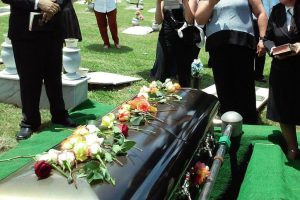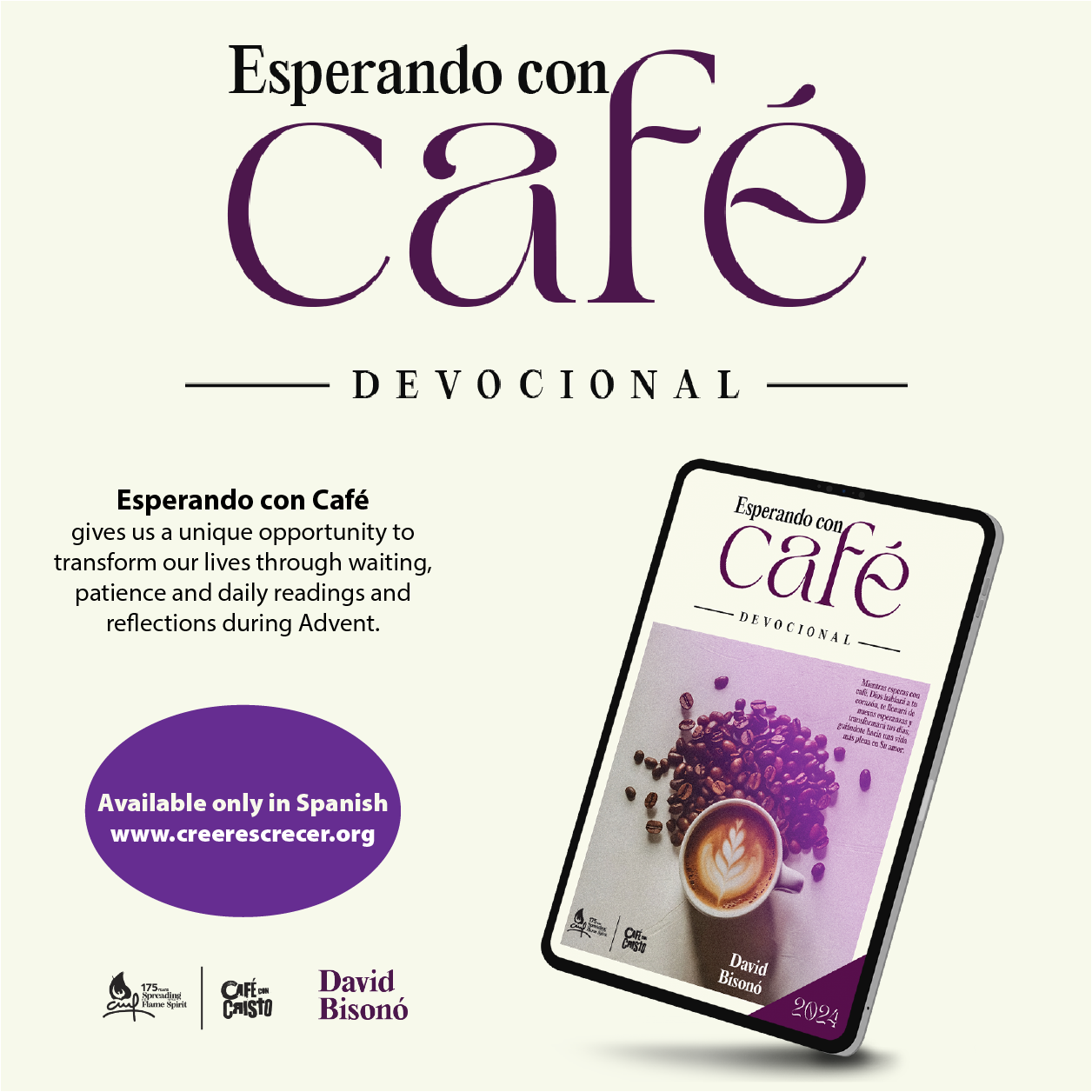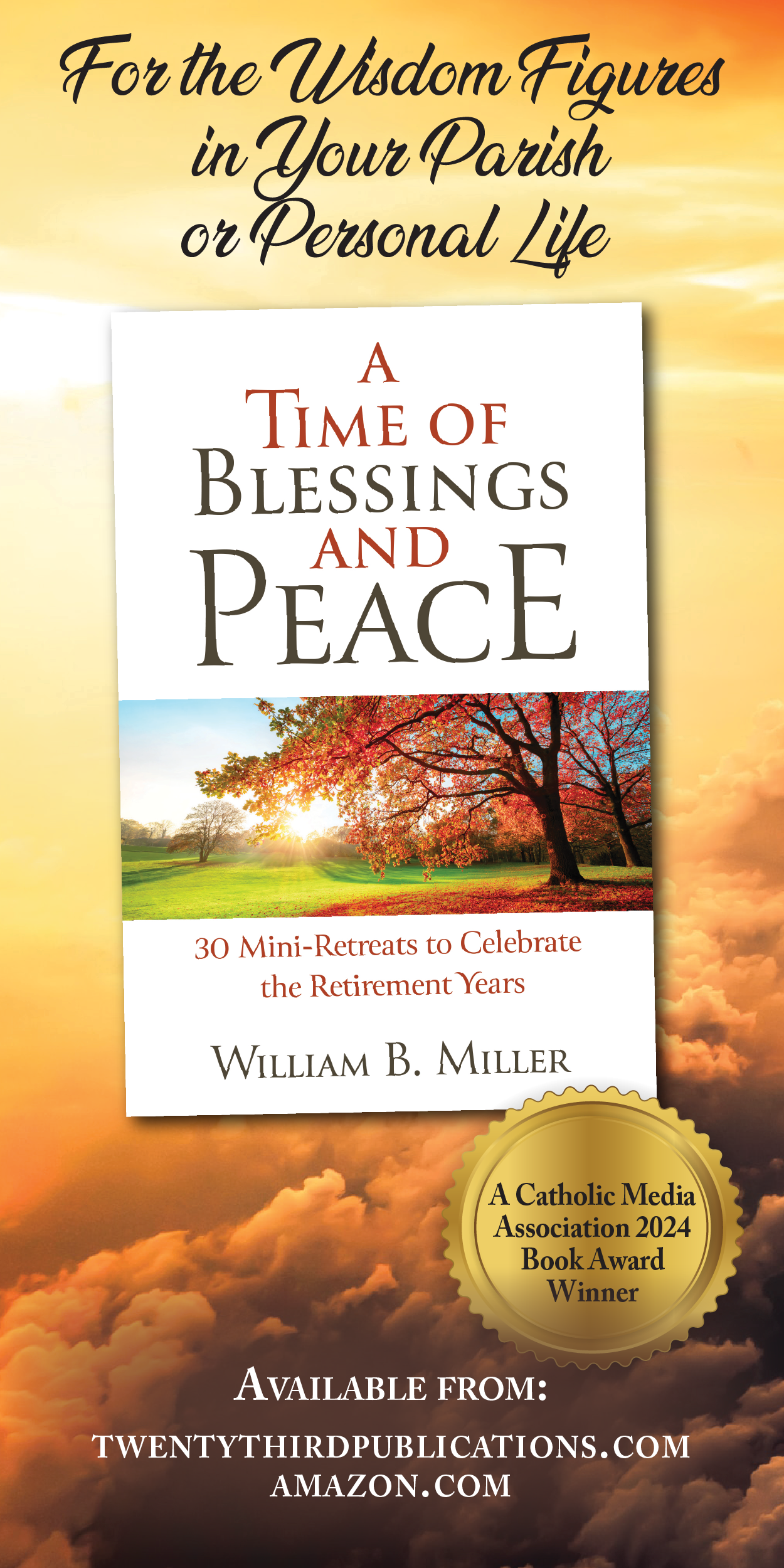Thomas Lynch, the poet undertaker, explains why a good funeral is “a signature of our humanity.”
Many writers have day jobs—some wait tables while others froth up coffees at Starbucks. But directing funerals as an undertaker? Not usually. Essayist and poet Thomas Lynch took on this family business with his siblings in his father’s tradition. How fortunate that he is a brilliant writer to boot. Critically acclaimed for his essays and poems, Lynch lets his readers in on what he sees in his line of work, giving them plenty to laugh about and chew on. He won the 1998 American Book award for The Undertaking: Life Studies from the Dismal Trade, and his newest book is Bodies in Motion and at Rest (W. W. Norton & Company). His books have even provided inspiration for the HBO TV show Six Feet Under.
The stresses and anxieties, not to mention the sorrow, that surround funerals can be mountainous. When put to the task of that final send-off, most people are unsure of how to go about it in a way that will honor both the deceased and the living, and their
What makes a good funeral?
A funeral ought to have a mission to get the dead where they need to be and the living where they need to be. A good funeral will get the dead guy disposed of in a way that says we are different from cocker spaniels and rhododendrons, that we pause more. This is a signature of our humanity. Unlike other living things, we wonder about what happens with the dead. Before we had an alphabet or could farm, we knew how to bury our dead with ceremony.
A good funeral also takes the living to the edge of a life they will live without this person. It doesn’t heal them, but it puts them in the direction of healing. It confronts the loss by saying, yes, this is why it hurts, rather than disguising or disappearing the loss, which is our tendency.
The fundamental obligation is the same whether it was 40,000 years ago or four days ago or this morning when they found two bodies at Ground Zero. They stopped to take the bodies out of there with pause, doing all the things humankind has always done when they see a dead thing of their own kind. They ask, “Is that all there is? Can it happen to me? What do I do now?” There would be no Catholics in business whatsoever, or Buddhists or Muslims or anybody else, if it weren’t for this question.
Do you think the rituals of the Catholic funeral rite are feeding people?
I do. I’m impressed that Catholics have always insisted on having the body there, on hauling the bad news into church and saying: “And yet I tell you a mystery.” It gives us whatever the consolations of our faith may be.
All ritual behavior is an effort to act out things that are hard to put in words. But now everybody wants to overexplain the metaphors. Why have them if you’re going to explain them? The beauty of a metaphor is you don’t have to say anything! We don’t have to know exactly why it is we’re putting this pall on the casket; just do the thing. We are constantly trying to say, “Now this incense means this.” Just sprinkle some around, and let people use their imaginations. That is the beauty of Catholic funeral liturgy: symbol and ritual and metaphor. The meaning overwhelms the sense. You don’t have to get it; it will get you.
The Catholic Church has loosened up on its views of cremation. One of the things it recommends, though, is the presence of the body at Mass, prior to cremation. Some people think, “Why on earth should we buy a casket if we’re going to cremate?”
Cremation is an alternative to a burial, but people have come to regard it as an alternative to the bother and expense. Once you get rid of the dead guy, you get rid of a whole legion of expenses attached to him, and everything is more convenient. No one has to be tended to, we don’t have to buy a casket, we don’t have to embalm—isn’t it more convenient and cost-efficient? These are the values we have brought to cremation. The church is precisely right to insist on the presence of the body there. If people don’t want a box, don’t bring a box. The only reason to have a box is to have handles. It’s easier to carry, but you don’t have to do it.
Bring the dead person to church. They were brought screaming for their Baptism and beaming for their nuptials. Bring them for their funerals. If you don’t, then why bother? Why go to church at all? Life will happen to us whether or not we go. But we will not get through the question about what’s next unless we have a presence, a language, a ritual.
Can you have a good funeral without a Batesville casket? You bet. Can you have a good funeral without a priest or pastor or rabbi? Maybe. Can you have it without a dead guy there? No, you can’t. That’s the essential manifest. You might have had a very nice event, but it is not a funeral.
Then what? Are you suggesting cremation be viewed as analogous to burial?
We think of fire, in Western thought, as punitive and violent. If you’re going to burn the body, then bring fire. Stand and watch.
Is that possible?
Of course it is. All you have to do is say you want to. How long do you think doctors could have kept men out of delivery rooms? How long do you think they could have kept wives out of intensive care? All they had to do was say, “I am going to witness this.” Caskets are fashion, flowers are fashion; the disposal of the dead is fundamental. The witness of that is fundamental.
I would be much more comfortable with cremation in our culture if we did it like they do it in cultures where it works. They fill it with meaningful liturgy, ceremony, accountability, and responsibility. If I am the firstborn Hindu son, I build the fire, I bring the fire, I watch. And I take the ashes and bring them to the holy river, and my sisters say the prayers. It’s culturally, religiously, ethnically eternal. We don’t have to reinvent that.
What do you think about scattering people’s ashes around Wrigley Field or the golf course?
In Eastern thought, fire is restorative. It releases the spirit, purifies the spirit, and rekindles its relationship with its creation. Once we get right with our ideas about fire, we’ll know the right thing to do with the ashes.
I write about a woman who came to the funeral home to pick up her sister’s ashes; there was a little odyssey that took place around her car. She put the ashes in the trunk but changed her mind, closed the trunk, and put them in the back seat. Then she changed her mind again, closed the door, set them on the front seat and put the seat belt over them. At each point she asks, “What are these ashes?” If we put some in the family grave, if we put some in the river, if we scatter some at Wrigley Field, this is all right. These are fashions, but at least we’re doing something.
Every funeral home in this country has a closet full of ashes that have not been picked up. My brother Eddie says if we sent out a letter that we are charging $50 a month to keep Mother in the “Closet of Memories,” they’d be here tomorrow!
Don’t Catholics have to bury their ashes?
You’d be surprised. It’s hard to find any Catholic cremation police out there telling you what to do with the ashes; they are indifferent to this. The spirit of the law, if not the letter, is that it should not create a religious scandal or signify a diminution of our respect for the body.
What else are your main concerns about current trends for funerals?
For the past couple generations, we’ve begun to think the major purpose of funerals is to be a warm, fuzzy event. So very often the dead are disposed of quickly and conveniently. We don’t witness our burnings the same way we witness our burials, and what a shame that is.
We have farmed out the corporeal business of dealing with the dead to people like me, to professionals. And in its place put these tastefully upmarket, well-organized, beautiful commemorative events that have really fine finger-food and plenty of mixed media and music and video and, needless to say, uplifting, life-affirming talk. But the dead are not there. And in that sense it’s a little bit like going to a Baptism without the baby there.
What do you think about eulogy?
I compare it to this movement within retail funeral service that falls under the heading “personalization.” The latest sales scheme is that you personalize everything. You get the casket with the tackle boxes on the corners because Dad went fishing when he was 20, and it will make it all better.
While there is a place for eulogy, maybe church isn’t it. Maybe the wake is the right place for that. Both of my parents were eulogized, but they’ve been eulogized for 10 years since, too. We don’t stop talking about them. While I’m sure that for some people it was a good addition to the Mass, for others it was delaying, it was messing up the progression of things. And the nice thing about a funeral is it should just process, from station to station to station.
What happens if the deceased has left specific instructions for the funeral, and the family doesn’t want to follow them?
I’ve seen people put in all sorts of predicaments. My grandmother was a wonderful woman and very particular. Toward the end she was upset with the parish priest who didn’t visit her in her final illness. So she told us she didn’t want to be buried from the church. Now this was a woman who attended daily Mass all of her life—the church was central to her and her people. I told her, “You’ll just have to let go of this. You’ll be dead. Whatever heaven there is to have, you’ll have it, and you won’t care about the rest of it.” She was finally convinced of the logic of that.
The dead don’t care! I know this from experience—not because I’ve died, but I’ve been with a lot of dead people, and never once has one given me a sign that they’d rather have the blue pinstriped suit or the cherry casket.
So it turns out that leaving instructions before you die, because you don’t want to be a burden, can actually be more of a burden?
The only way we can avoid being a burden is to avoid being lovable. If you don’t want people to grieve you, be nasty, and no one will. My children have been a burden to me, and bearing that burden has been the only substance of my life. It’s made me feel alive and well and necessary and needed. Bearing the burden of their parents’ deaths should make children feel just as alive and necessary and needed.
But the culture says that you can pre-plan it, pre-grieve the grief. The best funerals aren’t planned at all; they happen. They bring to the table the outrage, the wonder, all of it. How many of those people who died in New York and Washington and Pennsylvania had pre-planned funerals? But are those funerals not meaningful? Did they not go well?
How should people handle parents who want to specify everything for their deaths?
We get into that argument all the time in families, don’t we? Children just want to protect parents and do whatever they want because, by golly, they’re talking about dying. That’s what parents are anteing into the conversation. But what they’re actually doing is telling you, after they’re dead, how to do things, which is an adult-child problem. Because they have broached the topic, you might say, “You know what, you’ll be dead, so let me handle this.”
I think families should talk about these things, but they should be affirmative. They should say, you can’t tell me what I may or may not bring you for Christmas or your birthday. You cannot tell me how to feel, or not to grieve, and you can’t tell me what to spend. It’s mine to do or not to do. That’s not nasty, it’s just the fact of the matter.
The best people can do is teach their families, not in the particulars, but in the values. My father directed thousands of funerals, and we asked what he wanted done when he died. He said, “You’ll know what to do.” He trusted his and my mother’s parenting, that they instilled certain values and that we would do what made sense to us. And after all, because we have to live with the decisions, it makes sense that we make them.
You have written editorials that take issue with the “big business” of funerals.
Earlier this year when those hundreds of bodies that should have been cremated were found in Noble, Georgia, I said that there are a lot of oversights in the field, especially professional oversight. Funeral directors didn’t go the distance with their dead. They were having cremations farmed out. A family that doesn’t want to witness their dead calls a funeral director who’d just as soon not bother either, and he has a third-party cremator, and we find 300 bodies littering a 16-acre site because nobody’s watching anyone, not the funeral directors, not the regulators, and not the families. This is the big funeral business, like the one that’s sold a wonderful bill of goods to the Archdiocese of Los Angeles.
What’s the problem there?
Stewart Enterprises, second largest of the “death care” conglomerates, has a contract with the archdiocese to open and operate mortuaries and cemeteries in the archdiocese. They use high-pressured, junk-mail, telemarketed, “buy-now-pay-now-die-later” sales scams. When the salesperson does something bad or something unethical, he can say he’s just working for the archdiocese. The corporate policy that puts sales in front of service generates this kind of behavior, and the Archdiocese of Los Angeles can’t stop the commissioned sales mentality of Stewart Enterprises.
Do you think this practice will be copied elsewhere?
Because of the woeful misbehavior of these conglomerate funeral homes, I don’t think it will proliferate. Just because they are owned by a corporation or because they have 3,000 rooftops doesn’t make them evil. They could have been good, they could have done it right. It is not how they are owned but how they operate that is the scandal of this thing.
You live in Michigan, in close proximity to “Dr. Death,” Jack Kevorkian. What do you think about assisted suicide?
I’ve just always thought it was an oxymoron. I mean suicide means one person’s involved in the death. It’s not just one person when there’s some assistance, right? I have what you’d call the Catholic view of this, but you can’t call it a Catholic view because then a whole part of the world just clicks off. My sense of it is that Kevorkian’s a serial killer, flat. Straight up. He fits all the patterns. People know evil, a bad thing when they see it. The idea of assisted suicide strikes everyone as sort of an intellectual concern because they’re not dealing with the dead body, the van, the paper clip attached to the string hanging from the finger.
You were the funeral director for one of his victims?
I know the medical examiner who quite properly called each of these a homicide because there’s no other definition for it. And he was not fighting a cause, he was just saying, “I’m a medical technician, and if there were two people there, it can’t be a suicide. That’s the rule. Now, you can work out the rest in court, but the medicine of it is this: That’s a homicide.”
And if we uphold and value life, then we have to put up with all life—not just the user-friendly versions.
You once wrote, in connection with the Timothy McVeigh execution, that if people support capital punishment, they better have to watch it, too.
I know the rage and the fury it takes to want to kill someone who did an awful thing. And that’s an evil thing he did, and to be rid of that evil would be no bad thing. But for us to farm that out, to have it done in our name and not have to watch doesn’t seem to be very responsible.
What good is capital punishment if you don’t do it out loud? How pristine that we can get rid of this person in the name of justice, in the name of anger—all those things are worth watching. If I’m after vengeance, I want to see the vengeance, otherwise it’s no good.
You’ve said that as a funeral director you care for the living by caring for their dead. Do you look at what you do as a vocation?
I don’t confuse what I do with ministry in a religious sense. I think of it more as an exercise in humanity. When the phone rings at 3 o’clock in the morning, that does feel like a calling, because someone’s calling you at odd hours to say the worst thing that could happen has happened. What do we do about it? We answer the phone.
The priest in my town often asks me, “Why do they call you first?” I tell him, “I answer the phone.” That’s how you get people’s trust. We forget how powerful our presence is.
The clergy do not know the power—the huge, magic medicine, the voice of God—that is brought when they walk into the room where a death has occurred and stand upright. This says to the person who is buckled over with this hurt, “You could give this to God.” I see this happen all the time.
When parents are burying their dead children, the fact that they can walk upright is to me a sign that God is—otherwise they’d be in the dirt. They would not walk; they could not speak. I’ve seen people absolutely incapacitated with heartbreak. The fact that they get up is a statement of faith and of God’s care.
Your presence certainly sounds like a ministry.
My job isn’t to weep with people or to feel their feelings. My job is to embolden people and to say, “Even though it’s frightening to do this, you’ll be glad you did.”
Last week we were burying a 47-year-old man who had cancer but died quite suddenly. I asked his son and wife if they’d like to be with us when we closed the casket. The boy said, “Of course.” The mother’s eyes got wide, but she said yes. I told them not to worry. There were 250 people in church. The boy tucked his father in, and his wife removed his wedding band.
Now I could have done all that, but the good job I did was emboldening them to do it. You can only embolden by dealing with what is. Yes, the boy cried loudly and officially in front of all those people. That’s all right.
I bury a fair few secular humanists as well, and I see a lot of people who are just really angry at God, and I think my job is to tell them that’s OK, too. God can take it. She understands.
How has your work affected your faith?
I am convinced that God takes care of us. I truly believe that, having had an Irish Catholic upbringing, I was given a very special language. I think of religion as language, and faith as a translator for religion. It is a Catholic language I speak. I don’t have to mumble. I can say it outright because it was given to me.
This article appeared in the November 2002 issue of U.S. Catholic (Vol. 67, No. 11, pages 12-17).













Add comment